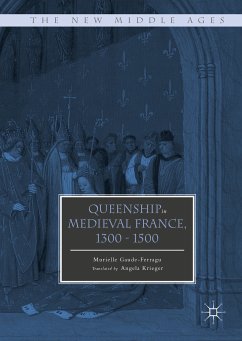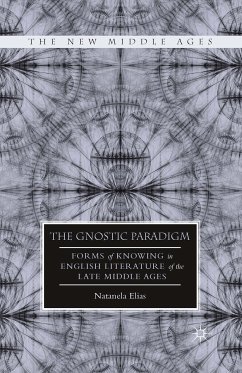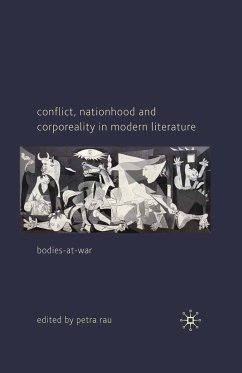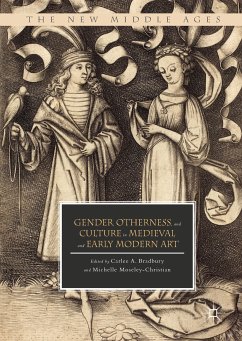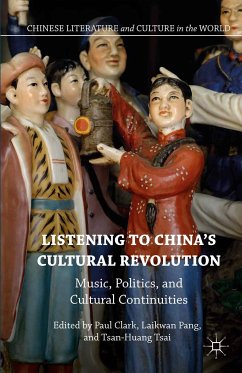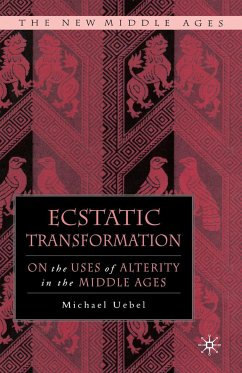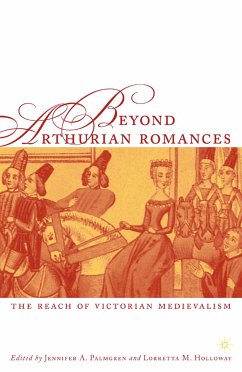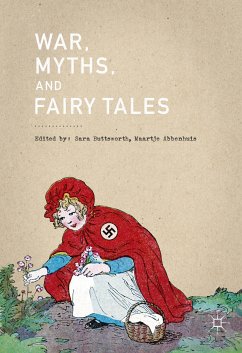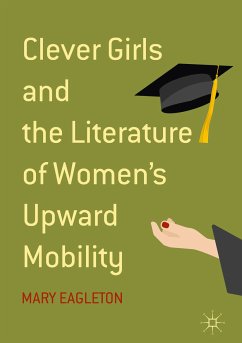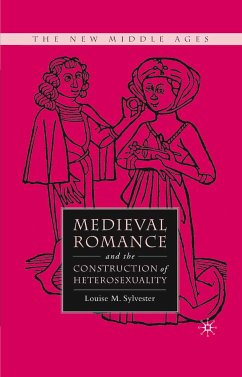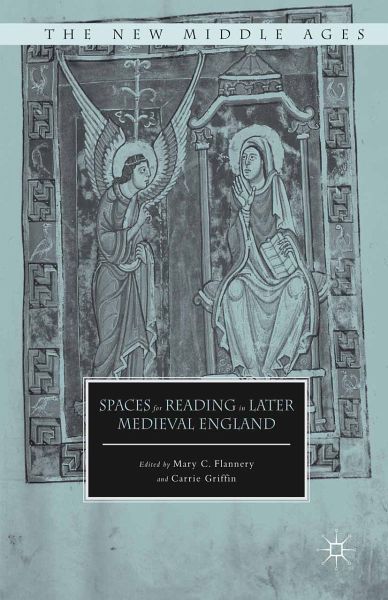
Spaces for Reading in Later Medieval England (eBook, PDF)
Versandkostenfrei!
Sofort per Download lieferbar
64,95 €
inkl. MwSt.
Weitere Ausgaben:

PAYBACK Punkte
32 °P sammeln!
We are living in an age in which the relationship between reading and space is evolving swiftly. Cutting-edge technologies and developments in the publication and consumption of literature continue to uncover new physical, electronic, and virtual contexts in which reading can take place. In comparison with the accessibility that has accompanied these developments, the medieval reading experience may initially seem limited and restrictive, available only to a literate few or to their listeners; yet attention to the spaces in which medieval reading habits can be traced reveals a far more vibrant...
We are living in an age in which the relationship between reading and space is evolving swiftly. Cutting-edge technologies and developments in the publication and consumption of literature continue to uncover new physical, electronic, and virtual contexts in which reading can take place. In comparison with the accessibility that has accompanied these developments, the medieval reading experience may initially seem limited and restrictive, available only to a literate few or to their listeners; yet attention to the spaces in which medieval reading habits can be traced reveals a far more vibrant picture in which different kinds of spaces provided opportunities for a wide range of interactions with and contributions to the texts being read. Drawing on a rich variety of material, this collection of essays demonstrates that the spaces in which reading took place (or in which reading could take place) in later medieval England directly influenced how and why reading happened.
Dieser Download kann aus rechtlichen Gründen nur mit Rechnungsadresse in A, B, BG, CY, CZ, D, DK, EW, E, FIN, F, GR, HR, H, IRL, I, LT, L, LR, M, NL, PL, P, R, S, SLO, SK ausgeliefert werden.



